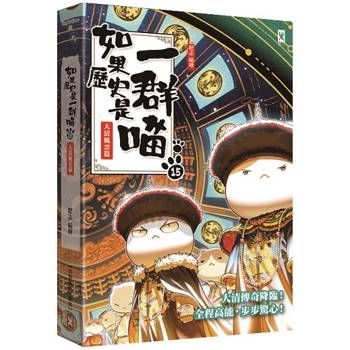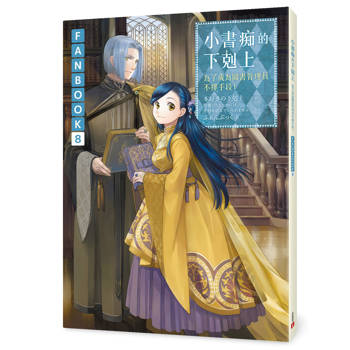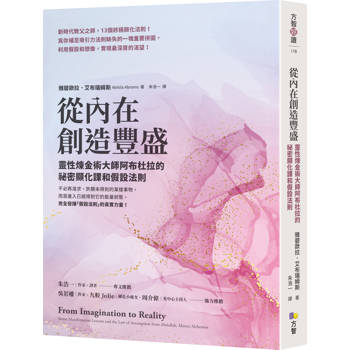The interdisciplinary study investigates the relationship between Norse and Saami peoples in the medieval period and focuses on the multifaceted portrayal of Saami peoples in medieval texts. The investigative analysis is anchored in postcolonial methodologies and argues for the inherent need to decolonise the medieval source-material as well as recent historiography. This is achieved by presenting the historiographic and political background of research into Norse-Saami relations, before introducing an overview of textual sources discussing Saami peoples from the classical period to the late 1400s, an analysis of the textual motifs associated with the Saami in medieval literature (their relevance and prevalence), geo-political affairs, trading relations, personal relations and Saami presence in the south. By using decolonising tools to read Norse-Saami relations in medieval texts, influenced by archaeological material and postcolonial frameworks, the study challenges lingering colonial assumptions about the role of the Saami in Norse society. The current research episteme is re-adjusted to offer alternative readings of Saami characters and emphasis is put on agency, fluidity and the dynamic realities of the Saami medieval pasts.
| FindBook |
有 1 項符合
Decolonising Medieval Fennoscandia: An Interdisciplinary Study of Norse-Saami Relations in the Medieval Period的圖書 |
 |
Decolonising Medieval Fennoscandia: An Interdisciplinary Study of Norse-Saami Relations in the Medieval Period 作者:Wang 出版社:de Gruyter 出版日期:2024-11-04 語言:英文 規格:平裝 / 296頁 / 普通級/ 初版 |
| 圖書館借閱 |
| 國家圖書館 | 全國圖書書目資訊網 | 國立公共資訊圖書館 | 電子書服務平台 | MetaCat 跨館整合查詢 |
| 臺北市立圖書館 | 新北市立圖書館 | 基隆市公共圖書館 | 桃園市立圖書館 | 新竹縣公共圖書館 |
| 苗栗縣立圖書館 | 臺中市立圖書館 | 彰化縣公共圖書館 | 南投縣文化局 | 雲林縣公共圖書館 |
| 嘉義縣圖書館 | 臺南市立圖書館 | 高雄市立圖書館 | 屏東縣公共圖書館 | 宜蘭縣公共圖書館 |
| 花蓮縣文化局 | 臺東縣文化處 |
|
|
圖書介紹 - 資料來源:博客來 評分:
圖書名稱:Decolonising Medieval Fennoscandia: An Interdisciplinary Study of Norse-Saami Relations in the Medieval Period
Frames of Resistance
A Companion to the Aeneid in Translation: Volume 2: Books 1-6
A Companion to the Aeneid in Translation: Volume 1: Introduction and Indices
In the Future of Yesterday: A Life of Stefan Zweig
Orientation in European Romanticism: The Art of Falling Upwards
Jane Austen and Other Minds: Ordinary Language Philosophy in Literary Fiction
Henry James and the Writing of Transport
Memory and Mortality in Renaissance England
Behind Kṛṣṇa’s Smile: The Lord’s Hint of Laughter in the Bhagavadgītā And Beyond
Common Scents: Poetry, Modernity, and a Revolution of the Senses
A Companion to the Aeneid in Translation: Volume 2: Books 1-6
A Companion to the Aeneid in Translation: Volume 1: Introduction and Indices
In the Future of Yesterday: A Life of Stefan Zweig
Orientation in European Romanticism: The Art of Falling Upwards
Jane Austen and Other Minds: Ordinary Language Philosophy in Literary Fiction
Henry James and the Writing of Transport
Memory and Mortality in Renaissance England
Behind Kṛṣṇa’s Smile: The Lord’s Hint of Laughter in the Bhagavadgītā And Beyond
Common Scents: Poetry, Modernity, and a Revolution of the Senses
|











